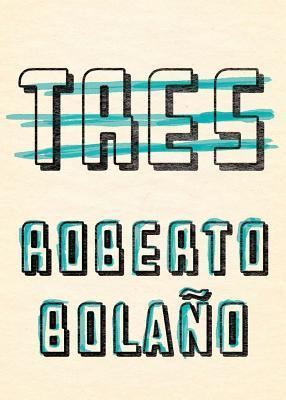What do you think?
Rate this book


176 pages, Hardcover
First published January 1, 2000
"this could be hell for me." the kaleidoscope moves with the serenity and torpor of the days. for her, in the end, there was no hell. she simply sidestepped living here. simple solutions guide our actions. sentimental education has only one motto: don't suffer. the thing moving away can be called desert, rock that looks like a man, the tectonic thinker.
31. i dreamt that earth was finished. and the only human being to contemplate the end was franz kafka. in heaven, the titans were fighting to the death. from a wrought-iron bench in central park, kafka was watching the world burn.
34. i dreamt i was a really old latin american detective. i lived in new york and mark twain was hiring me to save the life of someone without a face. it's going to be a damn tough case, mr. twain, i told him.
51. i dreamt the dreamers had gone to the flower war. no one had come back. on the planks of forgotten barracks in the mountains i managed to make out a few names. from far away a voice was broadcasting over and over the orders by which they'd been condemned.
"Questo per me potrebbe essere l'inferno". Il caleidoscopio si muove con la serenità e la noia dei giorni. Per lei, alla fine, non c'è stato nessun inferno. Ha semplicemente evitato di vivere qui. Le soluzioni semplici guidano le nostre azioni. L'educazione sentimentale ha un solo motto: non soffrire. Ciò che si allontana può essere chiamato deserto, roccia con aspetto d'uomo, il pensatore tettonico.
Il paradiso appare, velocemente, nella visione generale del caleidoscopio. Una struttura verticale piena di macchie grigie. Se chiudo gli occhi, mi balleranno dentro la testa i riflessi degli elmi, il tremore di una pianura di lance, quello che tu chiamavi il gaietto. E poi, se tolgo gli effetti drammatici, mi vedrò camminare nella piazza dei cinema verso le poste, dove non troverò nessuna lettera.